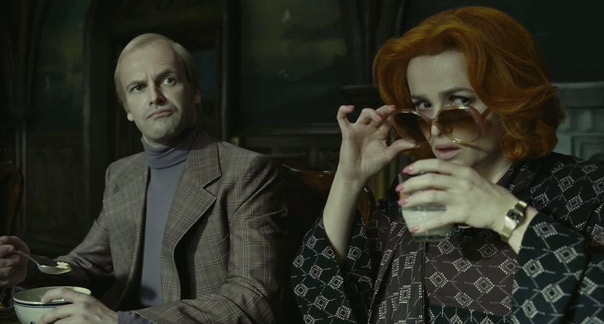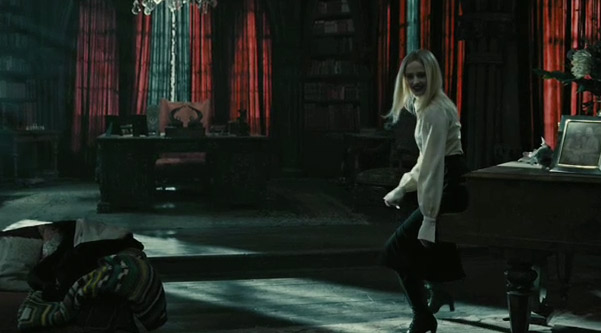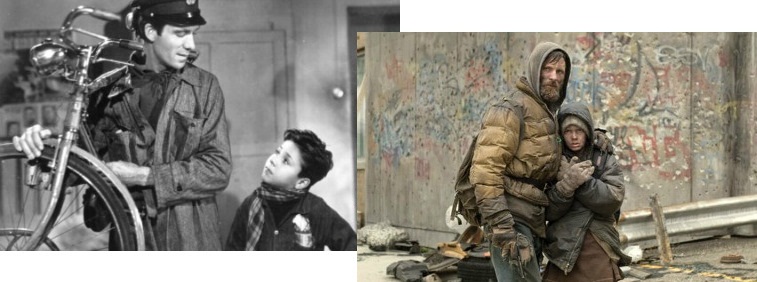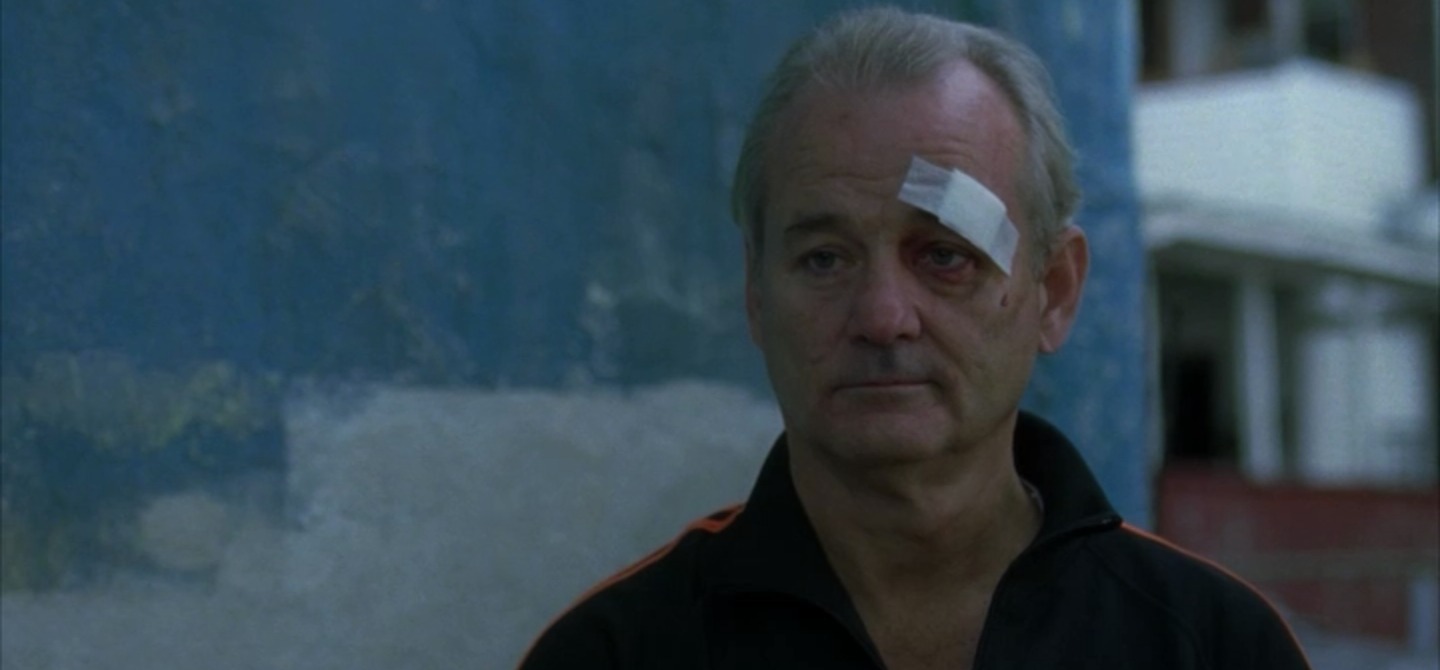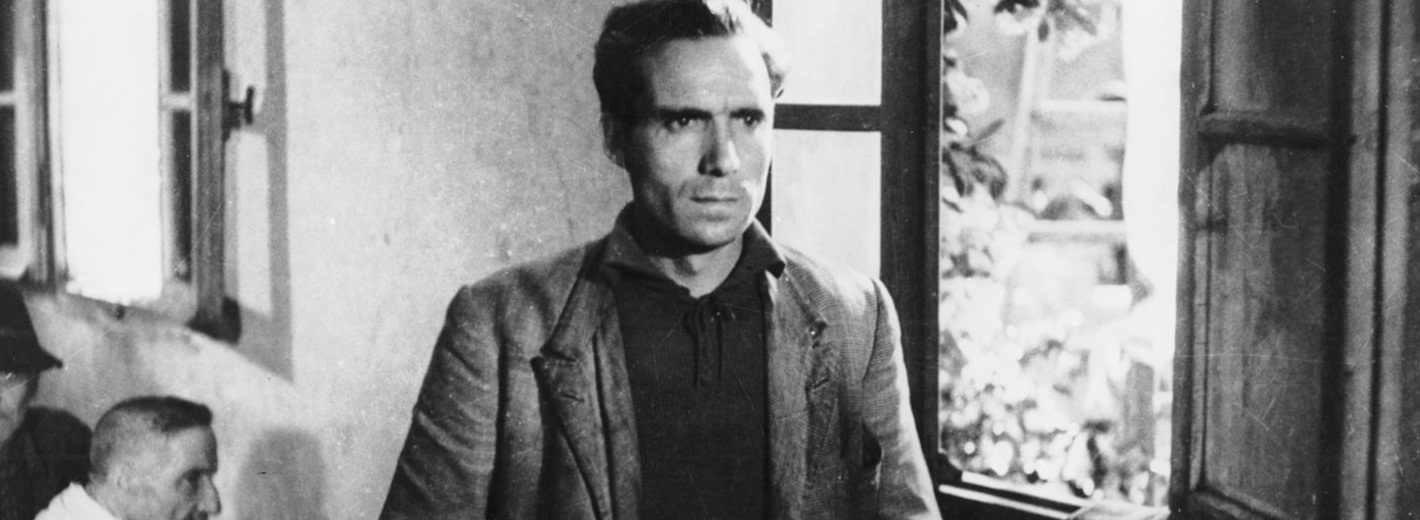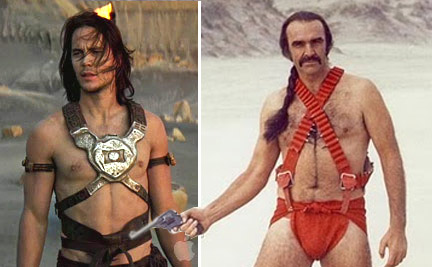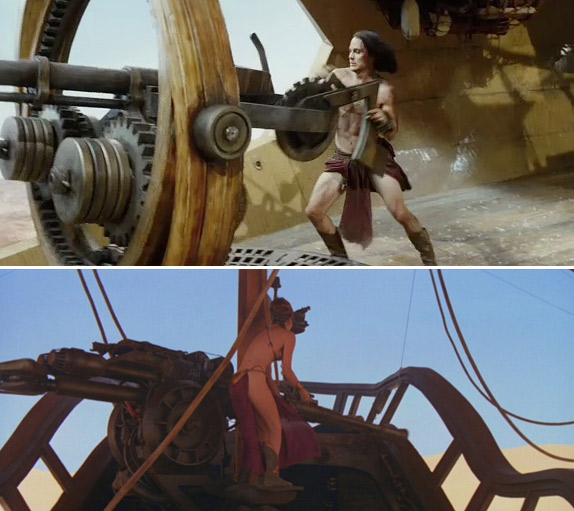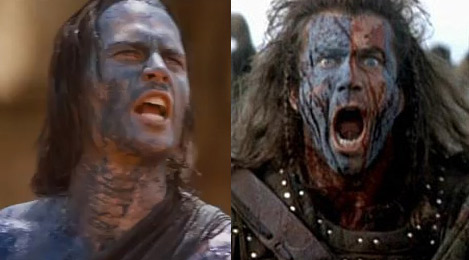After a brief glamour break post-Oscar it's time to walk the red again as 2012 heats up. To kick off a new season of Red Carpet Convos, I nabbed Guy Lodge for a moment before we were both due to jet off to previous appointments. Let's discuss the Hunger Games premiere looks and other recent premiere looks.
Nathaniel: Hi Guy, we haven't talked since I don't know when ... Oscars? And Jennifer Lawrence is already Best Actress campaigning at the premiere for Hunger Games. What else can a gold dress mean?
Guy: I was about to say -- she's clearly taken a leaf from Meryl. Are those figures all in proportion? Looks like you've given Lil' Josh Hutcherson a boost.
 Cato, Effie, Peeta, Katniss and Gale
Cato, Effie, Peeta, Katniss and Gale
Nathaniel: Hee. I didn't meant to give Josh a boost as remove the high heels from Katniss and Effie but I think I did push it a little. You know on set they'll give him boxes to stand on or some such.
Guy: Aha! Either way, he still ends up as his own pocketable action figure.
Nathaniel: He comes from a long proud tradition of short leading men. Although it's trending away from the pocket-sized hunks with people like the Hemsworth boys and Alexander Ludwig (far left) and so on.
Guy: Which Hemsworth boy is this? I can't keep up. I only learned to distinguish Thor Hemsworth from the other Chrisses last year.
Nathaniel: This is Liam to the far right. Who also auditioned for Thor if I recall.
Guy: Looking very junior copywriter at Sterling Cooper, which is always a good thing
Nathaniel: Mmmm Sterling Cooper. If I didn't love Hiddlesloki so much i would suggest that maybe it would have been cool to cast actual brothers as Loki and Thor.
Guy: I'm amazed they resisted!
Nathaniel: but wait. WRONG FRANCHISE. back to Hunger Games. Have you read it? (Guy's answer and more conversation after the jump)
Click to read more ...
 Saturday, March 17, 2012 at 1:00AM
Saturday, March 17, 2012 at 1:00AM 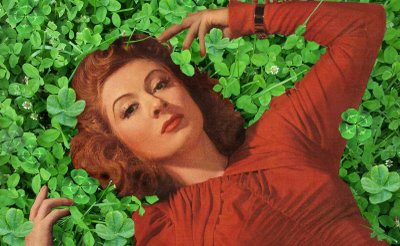
 Greer Garson,
Greer Garson,  Holidays
Holidays 




